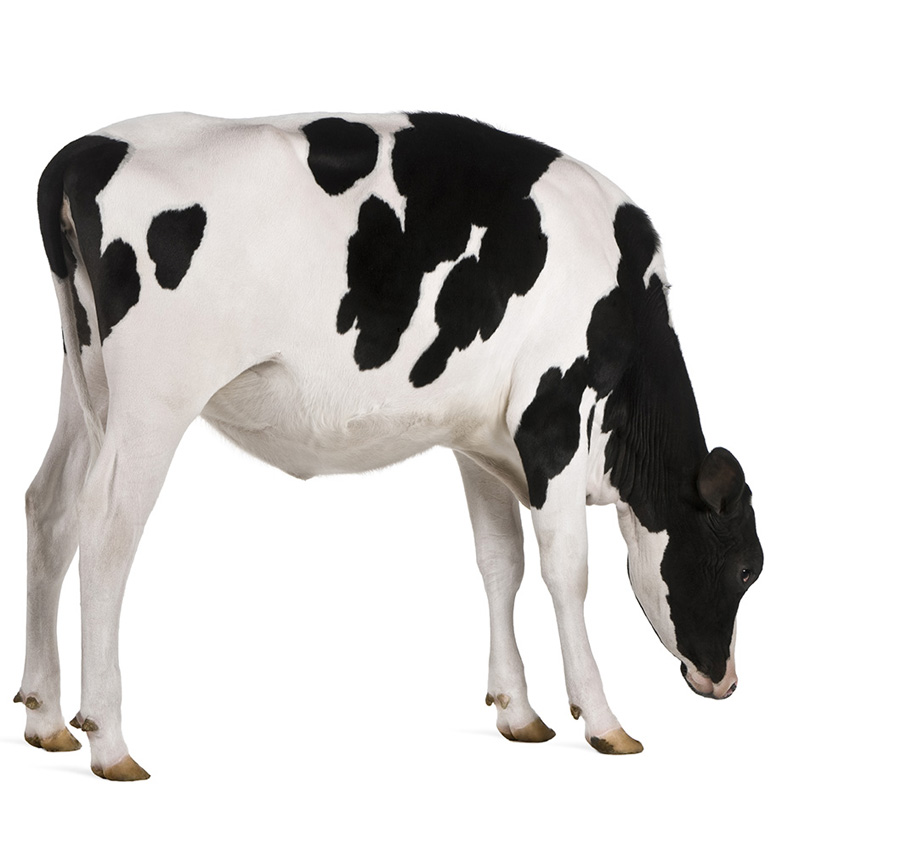What is oxidative stress?
Oxidative stress
- Decreases the health status of the cow
- Costs the farm money both in loss of production and cost of medicine
Oxidative stress is an imbalance of free radicals and antioxidants. An excess of free radicals leads to tissue damage and disease. Free radicals are unavoidable - produced in normal reactions in cells and also in response to environmental triggers. Antioxidants ‘mop up’ free radicals and prevent them from causing further damage.
Oxidative stress occurs when the number of circulating free radicals exceeds the cows defence mechanisms of antioxidants.
Oxidative stress can result in tissue damage and disease.

Trace minerals are essential for reducing oxidative stress.Don’t let cattle with subclinical deficiencies of trace minerals succumb to disease.
|

If uncontrolled, oxidative stress can predispose cattle to conditions such as -
- Mastitis
- Increased somatic cell count
- Lameness
- Metritis
- Early embryonic death
- Pneumonia and respiratory disease
- Poor growth
- Reduced fertility
- Retention of foetal membranes
Why cattle aren’t receiving enough trace minerals in their diet
During crucial moments that matter, when cattle have the highest need for trace minerals, their oral supply is often inadequate. Oral intake is varied, inaccurate and ineffective and excretion of trace minerals is increased.
This trace mineral gap leaves immunity, enzyme function, health and performance compromised.
There is a need for trace minerals to cover the gap.

Reasons why oral supplementation may not be enough.
There are several reasons why trace minerals might not meet the punctual requirements of cattle:
Oral intake alone is insufficient due to -
- Periods of reduced appetite and therefore reduced oral intake
- Variation of dry matter intake throughout the herd - some eat more than others!
- Trace mineral composition in soil varies between pastures, with forages and silages having low levels of trace minerals
- Poor bioavailability of oral trace minerals (not all that are consumed are available to be digested and absorbed)
- Antagonistic minerals within the diet reduce availability of trace minerals for absorption (other minerals in the diet block the absorption of trace minerals )
In times of high demand or stress -
- Decrease in appetite and oral consumption.
- Late gestation cows and diseased or stressed animals eat less
- Increased urinary excretion of trace minerals.
- In times of stress, levels of trace minerals excreted in urine can dramatically increase, as shown in a study on cattle with IBR.[1]
There is less going in than the animal needs and more going out.
Don’t let all your hard work be jeopardised by trace mineral imbalances in these key moments.
|



